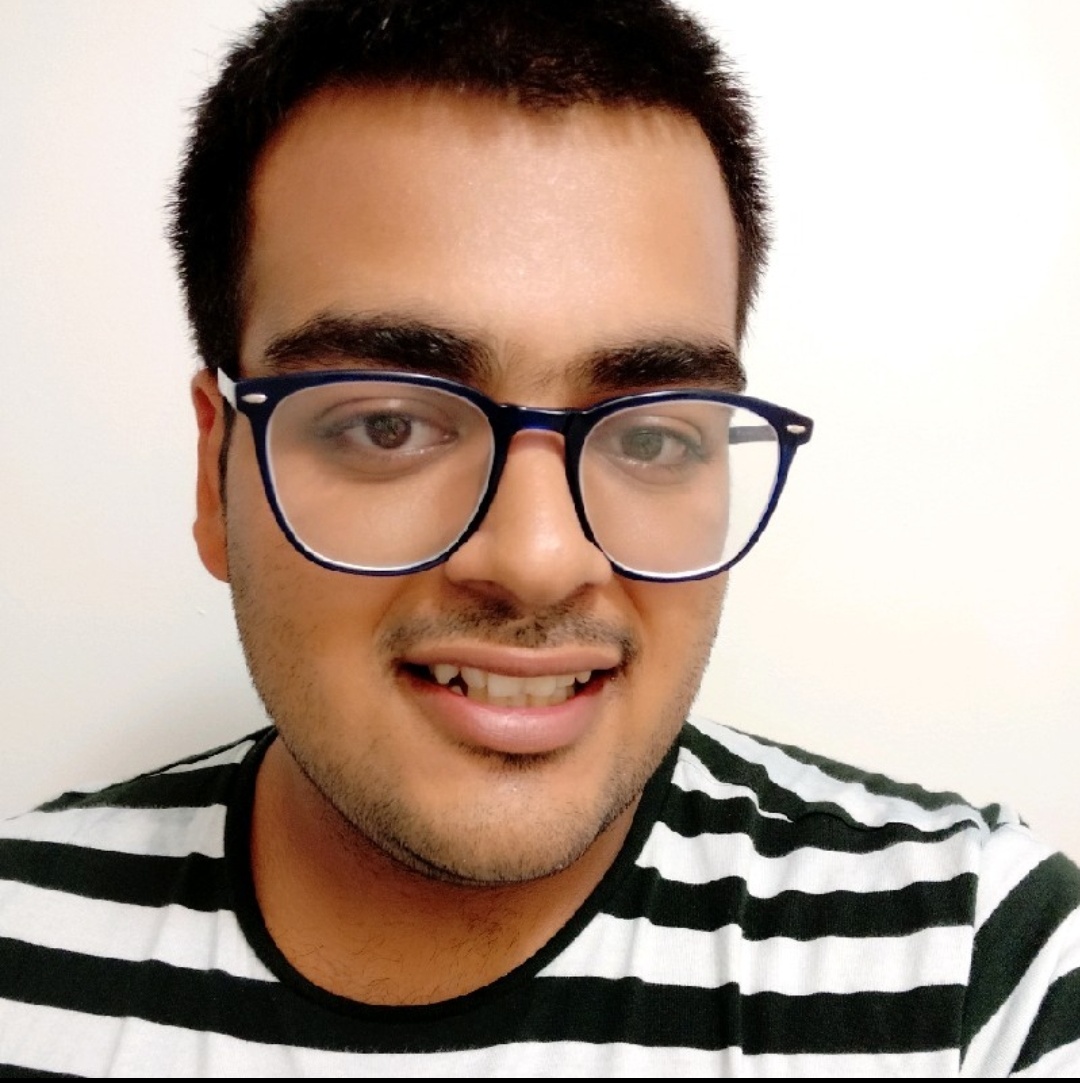Next Generation Scientists Program
USP’s Next Generation Scientists Program is designed to engage and empower emerging leaders in science and innovation to make progress in fast moving scientific areas that are mission critical to USP.
This USP-funded research grant is meant for graduate and post-doc students who are completing cutting-edge research in the fields of pharmaceutical medicines, dietary supplements, and foods.
USP is committed to representing the communities that we serve and engaging underrepresented audiences in scientific research and innovation. All applicants are encouraged to apply.
Proposal submissions
Project proposals should be related to one or more elements of USP’s Science Quality Framework:
- Evolving Approaches for Standards
Explore new models and flexible approaches to developing public quality standards, including risk- and performance-based approaches, that can be leveraged for improved insight and quantitative quality assessments.
- Product and Drug Substance Performance
Evaluate procedures such as dissolution, drug release, disintegration, and aerodynamic particle size distribution to help ensure the quality of medicines worldwide.
- Emerging Modalities of Medicines
Discover new technologies and treatment modalities, including personalized medicines like specific compounding and cell & gene therapies, being developed to meet the unique needs of patients.
- New Manufacturing and Analytical Technologies
Help ensure the quality of advance manufacturing techniques, such as PCM, and exploring technologies, such as 3D printing and digital therapeutics, to understand the future modalities of medicine and personalization that meets patients’ needs.
- Quality Environment
Help support supply chain integrity and build confidence among healthcare practitioners, patients, and consumers by assessing quality by design, supplier qualification, and good manufacturing practices for packaging, storage, and distribution.
Proposal submissions should include the following information:
- Research proposal, including timeline and budget
- CV/resume
Eligibility
An applicant must be a recent student from an accredited master’s degree or Ph.D.-granting program. Applicants do not need to reside in the U.S. to apply.
Evaluation Criteria
Applications must propose research in the areas of pharmaceutical medicines, dietary supplements, and foods, with potential or direct connections with quality and/or supply chain issues, such that the successful results would be of practical benefit to quality assurance and/or enable USP to create new standards/products. Proposals will be evaluated by an Advisory Committee comprised of USP staff and Expert Volunteers on the following: strategic relevance, scientific merit, and novelty.
Budget Guidelines
Grant proposals should include a budget of $5,000 to $50,000 USD. The number of grants and amount of funds awarded will vary based on applications received and annual budget.
Applications should include a specific request for the funding needed to complete the research, including total cost and a budget for all expenditures such as: personnel (see below); reagents and expendables; permanent equipment; and travel. A brief budget explanation should be part of the proposal; budget considerations may be part of the evaluation of the proposal.
Funding will be awarded in one lump sum before research commences.
A maximum of $5,000 per year may be used to support the principal investigator’s salary, including benefits. Postdoctoral fellows, research associates, technicians, graduate students (stipend and/or tuition), and/or undergraduate students may be supported through the grant, at levels commensurate with the grantee’s department or academic unit.
No institutional overhead charges, nor facilities and administrative charges will be charged to USP nor will any be provided by USP.
When the research has concluded, the grantee will submit a financial report and a scientific progress report (see below).
Reporting Requirements
Each grant recipient is required to submit a scientific progress and financial report to USP. USP shall, in its sole discretion and consistent with its standard practices, determine whether the grant recipient is meeting the goals and objectives appropriately. A USP mentor will be assigned to the grant recipient based on expertise related to the research; the USP mentor will be responsible for monitoring the grant recipient’s scientific process and ensuring timelines and expectations are met.
Each grant recipient is required to present a lecture (currently, virtually) during or promptly following the grant period at a time to be agreed upon by the grant recipient and the USP.
Ready to apply?
The application window is now closed.
Questions? Check out our Frequently Asked Questions or email science@usp.org.

 This year’s Next Generation Scientists grant recipient is Ishaan Duggal and his research proposal about the Disintegration and Dissolution of 3D Printed Solid Oral Dosage Forms.
This year’s Next Generation Scientists grant recipient is Ishaan Duggal and his research proposal about the Disintegration and Dissolution of 3D Printed Solid Oral Dosage Forms.
